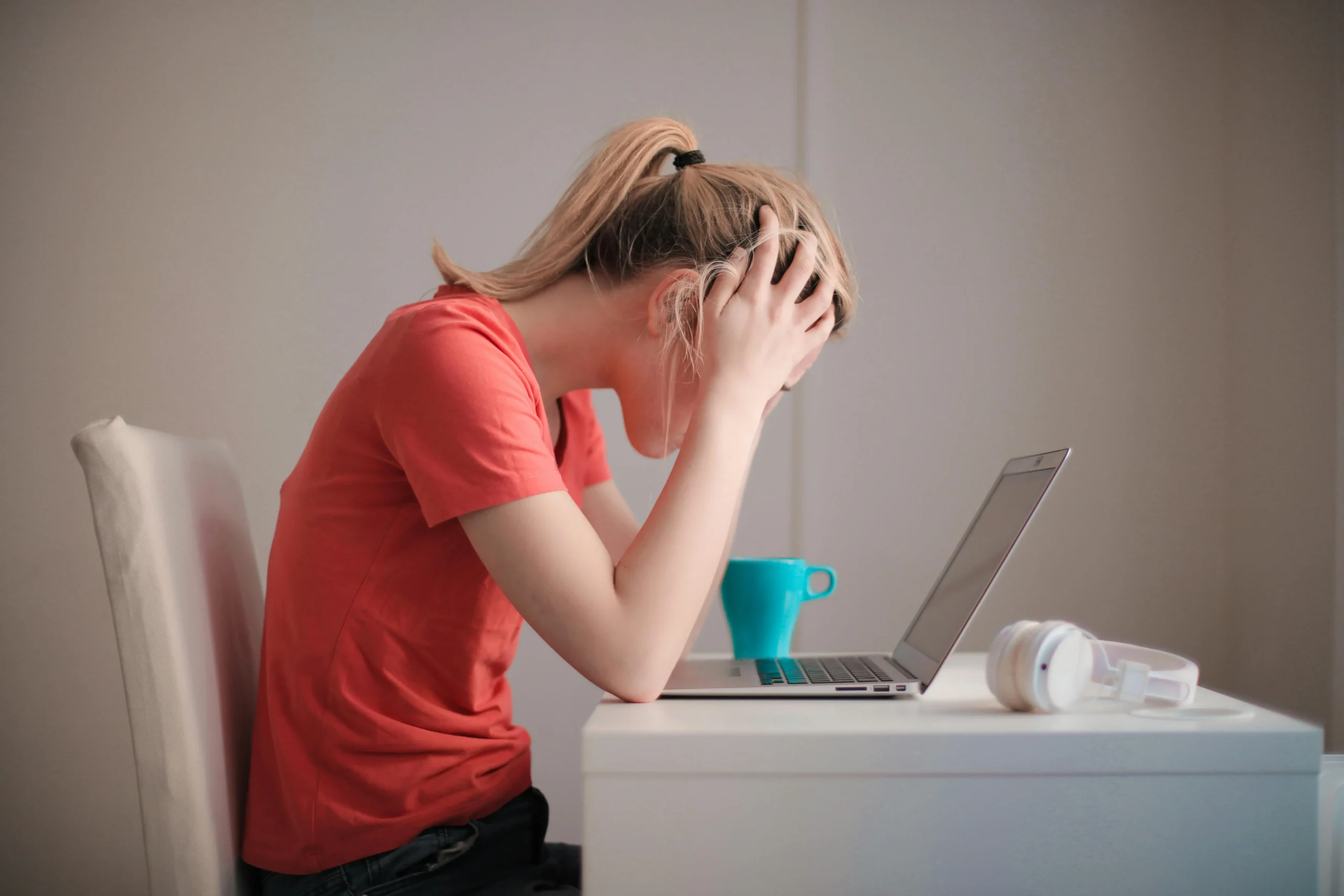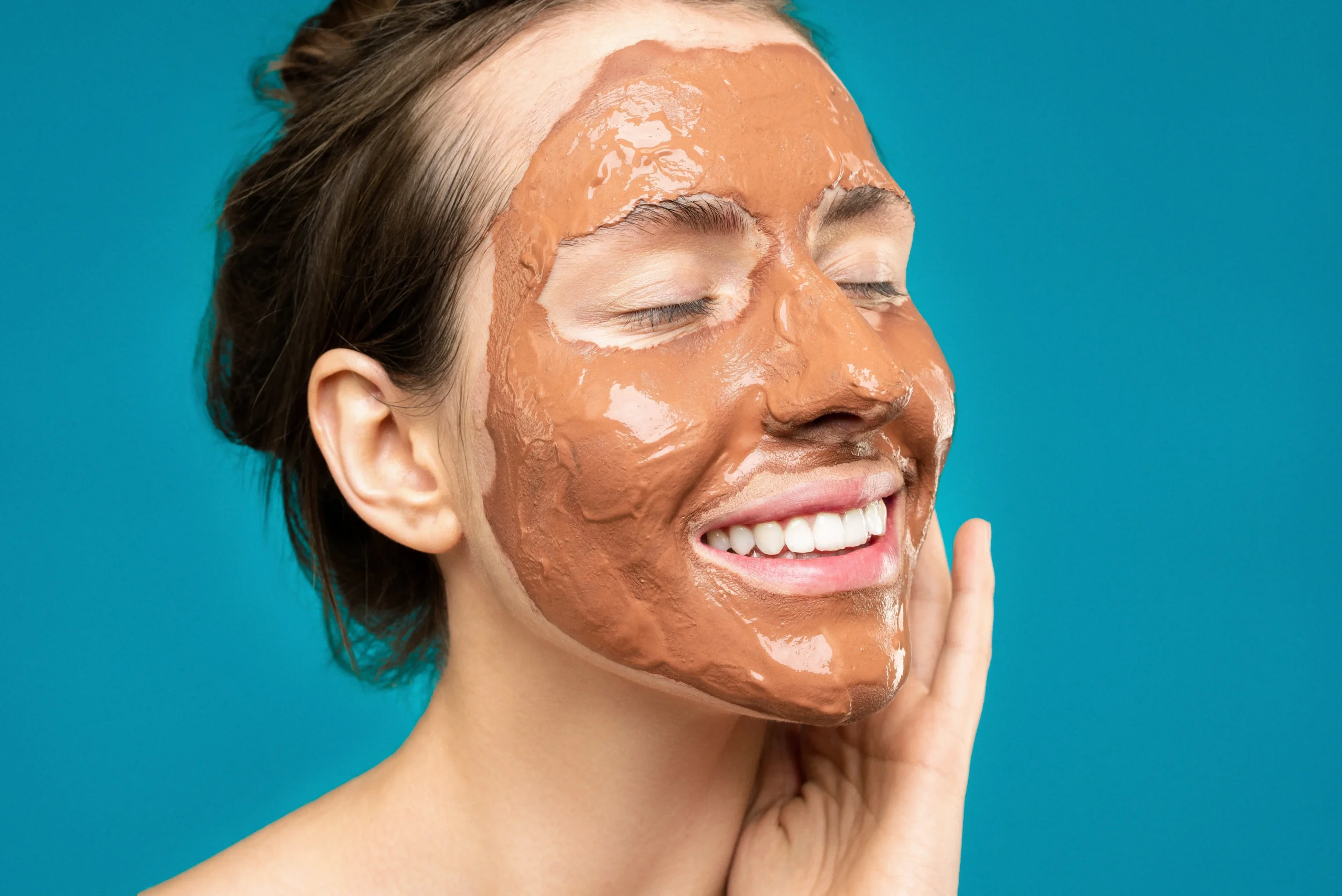Understanding anxiety and its causes
Anxiety is a common mental health condition that affects millions of people worldwide. It is characterized by feelings of unease, worry, and fear. While it is normal to experience occasional anxiety, persistent and excessive worry can have a detrimental impact on our well-being. One of the most perplexing aspects of anxiety is waking up with it in the morning, even after a seemingly peaceful night’s sleep. To understand why this happens, it is essential to delve into the causes of anxiety.
Anxiety can arise from a variety of factors, including genetics, brain chemistry, and life experiences. Some individuals may be genetically predisposed to anxiety, making them more susceptible to developing the condition. Additionally, imbalances in neurotransmitters, such as serotonin and dopamine, can contribute to feelings of anxiety. Life experiences, such as trauma or chronic stress, can also play a significant role in the development of anxiety.
The relationship between anxiety and sleep
Sleep and anxiety are closely intertwined. Lack of sleep can exacerbate anxiety symptoms, making it more difficult to manage. Similarly, anxiety can disrupt sleep patterns, leading to a vicious cycle of sleep deprivation and heightened anxiety. When we experience anxiety, our bodies release stress hormones, such as cortisol, which can interfere with our ability to fall asleep and stay asleep. This can result in a restless night and waking up feeling anxious in the morning.
Additionally, anxiety can manifest in the form of nightmares or vivid dreams, which can leave us feeling unsettled upon awakening. These dreams often reflect our fears and worries, further contributing to morning anxiety. It is crucial to address both anxiety and sleep disturbances to break this cycle and promote overall well-being.
The science behind waking up with anxiety
Waking up with anxiety is a result of the body’s stress response. When we are in a state of anxiety, our bodies enter a heightened state of alertness, preparing us to face potential threats. This response is commonly known as the fight-or-flight response. While this response is beneficial in dangerous situations, it can be problematic when it occurs during sleep.
During the sleep cycle, our bodies go through different stages, including deep sleep and REM (rapid eye movement) sleep. REM sleep is associated with dreaming and emotional regulation. When anxiety disrupts our sleep, it can lead to an imbalance in the REM sleep stage, causing us to wake up feeling anxious. This is because anxiety triggers the release of stress hormones, which can interfere with the normal sleep cycle and result in a restless night.
Common triggers for morning anxiety
Understanding common triggers for morning anxiety can help us identify and address the underlying causes of our anxiety. One possible trigger is anticipatory anxiety, which occurs when we anticipate stressful events or responsibilities in the morning. This can lead to a sense of dread and unease upon waking up.
Another common trigger is a lack of routine or structure in the morning. Without a clear plan for the day ahead, we may feel overwhelmed and uncertain, contributing to feelings of anxiety. Additionally, external factors such as work-related stress, relationship issues, or financial concerns can also trigger morning anxiety.
Strategies for managing morning anxiety
Managing morning anxiety requires a multifaceted approach that addresses both the physical and psychological aspects of anxiety. Here are some strategies that can help alleviate morning anxiety:
- Deep breathing exercises: Deep breathing can help activate the body’s relaxation response and reduce anxiety. Practice deep breathing exercises upon waking up to promote a sense of calmness.
- Positive affirmations: Start your day by repeating positive affirmations or mantras to shift your mindset from anxiety to positivity. This can help reframe your thoughts and set a positive tone for the day.
- Journaling: Writing down your thoughts and feelings in a journal can be a therapeutic way to process anxiety. Take a few minutes each morning to jot down your worries and explore potential solutions.
- Physical activity: Engaging in physical activity, such as yoga or a morning walk, can help release endorphins and reduce anxiety. Incorporate exercise into your morning routine to promote a sense of well-being.
- Limit caffeine intake: Caffeine can exacerbate anxiety symptoms, so it is important to limit your intake, especially in the morning. Opt for herbal tea or decaffeinated beverages instead.
- Practice mindfulness: Incorporate mindfulness techniques, such as meditation or guided visualization, into your morning routine. This can help calm your mind and reduce anxiety.
Lifestyle changes to reduce morning anxiety
In addition to specific strategies for managing morning anxiety, making lifestyle changes can have a profound impact on reducing anxiety levels. Here are some lifestyle changes that can promote a sense of calmness in the morning:
- Prioritize sleep: Establish a regular sleep schedule and create a sleep-friendly environment to ensure a restful night’s sleep. Avoid electronic devices before bed and create a relaxing bedtime routine.
- Nutrition: Eat a balanced diet that includes foods rich in essential nutrients, such as omega-3 fatty acids and magnesium, which have been shown to reduce anxiety. Avoid excessive sugar and processed foods, which can contribute to feelings of anxiety.
- Stress management: Incorporate stress management techniques into your daily routine, such as mindfulness, exercise, and relaxation exercises. Find healthy outlets for stress, such as hobbies or spending time in nature.
- Social support: Surround yourself with a strong support system of friends and family who can provide emotional support and understanding. Sharing your feelings and experiences with others can help alleviate anxiety.
- Time management: Plan your day and prioritize tasks to reduce feelings of overwhelm. Break larger tasks into smaller, manageable steps to make them more achievable.
Seeking professional help for morning anxiety
While self-help strategies can be effective for managing morning anxiety, it is important to seek professional help if symptoms persist or worsen. A mental health professional, such as a therapist or psychiatrist, can provide guidance and support tailored to your specific needs. They can help identify the underlying causes of your anxiety and develop a comprehensive treatment plan.
Therapy, such as cognitive-behavioral therapy (CBT), can be particularly beneficial for managing anxiety. CBT focuses on identifying and challenging negative thought patterns and developing coping mechanisms to reduce anxiety symptoms. In some cases, medication may also be prescribed to alleviate anxiety.
Creating a morning routine to promote calmness
Establishing a morning routine can help set a positive tone for the day and reduce morning anxiety. Here are some steps to create a calming morning routine:
- Wake up at the same time: Set a consistent wake-up time to regulate your sleep-wake cycle. This can help promote a sense of routine and stability.
- Engage in mindfulness: Start your day with a few minutes of mindfulness practice, such as meditation or deep breathing exercises. This can help calm your mind and reduce anxiety.
- Avoid excessive screen time: Limit your exposure to electronic devices, especially in the morning. Instead, engage in activities that promote relaxation, such as reading or listening to calming music.
- Engage in a pleasurable activity: Incorporate an activity that brings you joy into your morning routine, such as listening to your favorite podcast, practicing a hobby, or enjoying a cup of tea.
- Plan your day: Take a few minutes each morning to plan your day. Write down your tasks and set realistic goals. This can help reduce feelings of overwhelm and provide a sense of direction.
Relaxation techniques to combat morning anxiety
Relaxation techniques can be powerful tools for combating morning anxiety. Here are some techniques to incorporate into your routine:
- Progressive muscle relaxation: This technique involves tensing and releasing different muscle groups in your body to promote relaxation. Starting from your toes and working your way up, tense each muscle group for a few seconds before releasing the tension.
- Guided imagery: Close your eyes and imagine yourself in a peaceful and calming environment. Visualize every detail, such as the sights, sounds, and smells. This can help shift your focus away from anxiety and induce relaxation.
- Aromatherapy: Use essential oils, such as lavender or chamomile, to create a soothing atmosphere. Diffuse the oils or apply them topically for a calming effect.
- Yoga or stretching: Engage in gentle stretching or yoga poses to release tension in your body and promote relaxation. Focus on deep breathing and mindfulness while practicing these exercises.
- Listening to calming music: Create a playlist of soothing and relaxing music that helps calm your mind. Listen to this playlist in the morning to set a peaceful tone for the day.
Conclusion: Taking control of your mornings and your anxiety
Waking up with anxiety can be a challenging experience, but by understanding the causes and implementing strategies to manage it, you can take control of your mornings and reduce anxiety levels. Remember to seek professional help if needed and make lifestyle changes that promote overall well-being. By incorporating relaxation techniques and creating a calming morning routine, you can start your day with a sense of calmness and positivity. Embrace the power of self-care and prioritize your mental health to live a fulfilling and balanced life.
Take the first step towards managing your morning anxiety today and start implementing these strategies into your daily routine. Your mental well-being is worth it.




One thought on “Rise and Stress: Why Do I Wake Up with Anxiety?”